Can you see me? How to spot, report, and stop human trafficking
Human trafficking is one of the fastest growing global crimes today. A new, global mass-media campaign, Can You See Me? launched in Thailand earlier this year, showing consumers how to spot, report, and stop trafficking. A21 Thailand’s Prevention, Awareness & Education (REACH) Manager, Steph Jones, explains how.
About the problem
The three human trafficking scenarios depicted in the Can You See Me? (CYSM) campaign are forced begging, labour exploitation and sexual exploitation. These were chosen specifically to represent the three most common forms of trafficking cases that we work with in Thailand at A21: forced begging, forced labour, and sexual exploitation.
Partnering government ministries also recognize these as core trafficking areas and industries.
We also chose to depict the victims, traffickers, onlookers and perpetrators as a mixture of different ages, genders and nationalities. This is because it’s important to challenge stereotypes and highlight diversity in all cases of trafficking.
The idea for this campaign was originally to launch as a pilot in the U.K. In 2016 four more countries, the USA, Thailand, Viet Nam and Australia, volunteered to run the campaign. The Royal Thai Government was the first of these four countries to roll out this campaign nationally.
How consumers can help victims
This campaign is designed to reach all audiences, particularly targeting the general public, which is why it has been distributed across public transport areas and shopping malls. In some regions, the campaign will be targeting at risk migrant groups (i.e. border regions); in other areas CYSM will target tourists, encouraging them to report suspected cases.
Can You See Me? billboard outside Central World mall, Bangkok.
As part of the campaign, we are providing professional training to front line officials and business, educating these groups on trafficking indicators, and providing a number they can contact for assistance. We are also raising awareness at schools and universities in Thailand.
Billboards inside Central World mall, Bangkok.
The impact so far?
While it is still relatively early to track the overall impact of the campaign, calls have already come into Thailand’s One-Stop Crisis Centre’s (OSCC) 1300 hotline as a direct result of CYSM. The hotline director told us that some callers have specifically mentioned CYSM in their calls. We are now working with the Ministry of Social Development and Human Security (MSDHS) and the OSCC hotline to track calls and reported cases.
Through the joint partnership with the Royal Thai Government, MSDHS, the Ministry of Transport, the Royal Thai Police and other corporate partners, A21 has been able to roll out the campaign across the country. Currently the CYSM posters and videos be seen on billboards and multimedia screens at at airports, railway stations, shopping malls, hotels and cinemas.
Watch and share the videos
Baby beggar
Forced labour
Sex trafficking
Read more about these videos on www.a21.org (Thai and English language)
And don’t forget to follow updates from A21 Thailand on Instagram and Facebook.
Editor’s choice
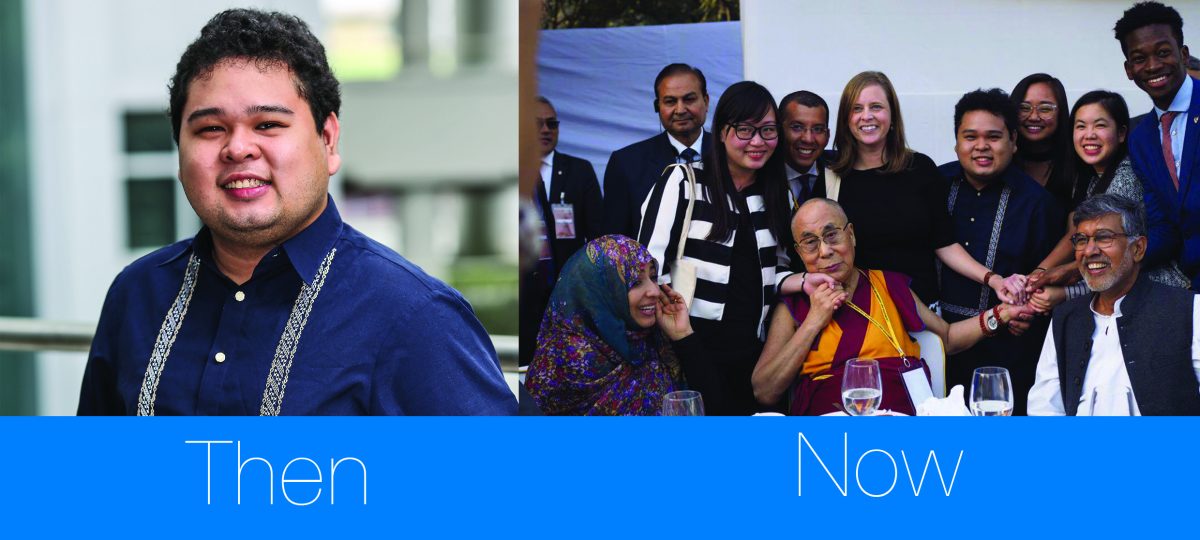
Where are they now?: Joey, Philippines
In 2015 when IOM X was just a few months old we brought together 20 youth leaders from all 10 ASEAN countries in Bangkok for the IOM X ASEAN Youth Forum. The goal was to connect with amazing young people who were passionate about social change and the issue of human trafficking and to share … Continue reading “Where are they now?: Joey, Philippines”

Where are they now?: Joey, Philippines
In 2015 when IOM X was just a few months old we brought together 20 youth leaders from all 10 ASEAN countries in Bangkok for the IOM X ASEAN Youth Forum. The goal was to connect with amazing young people who were passionate about social change and the issue of human trafficking and to share … Continue reading “Where are they now?: Joey, Philippines”

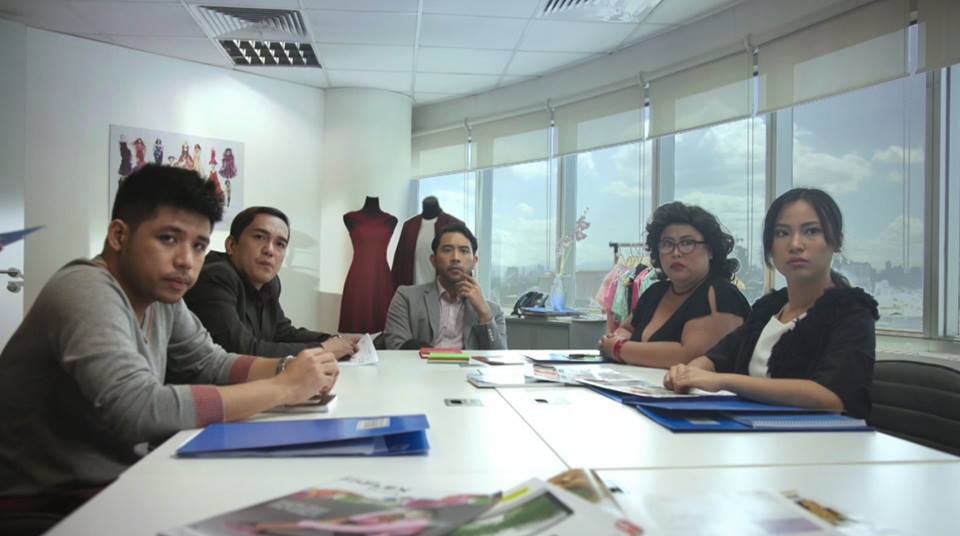
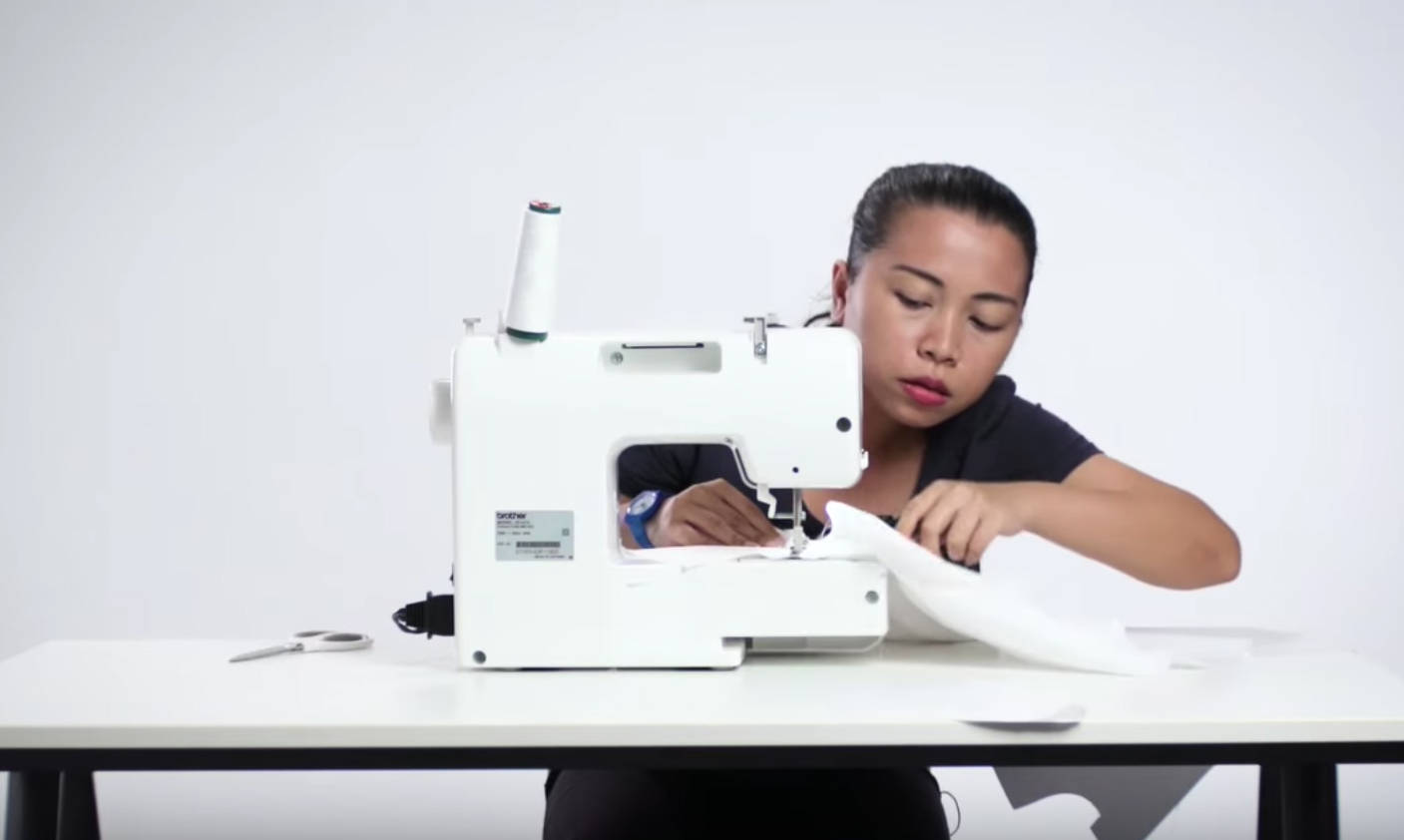
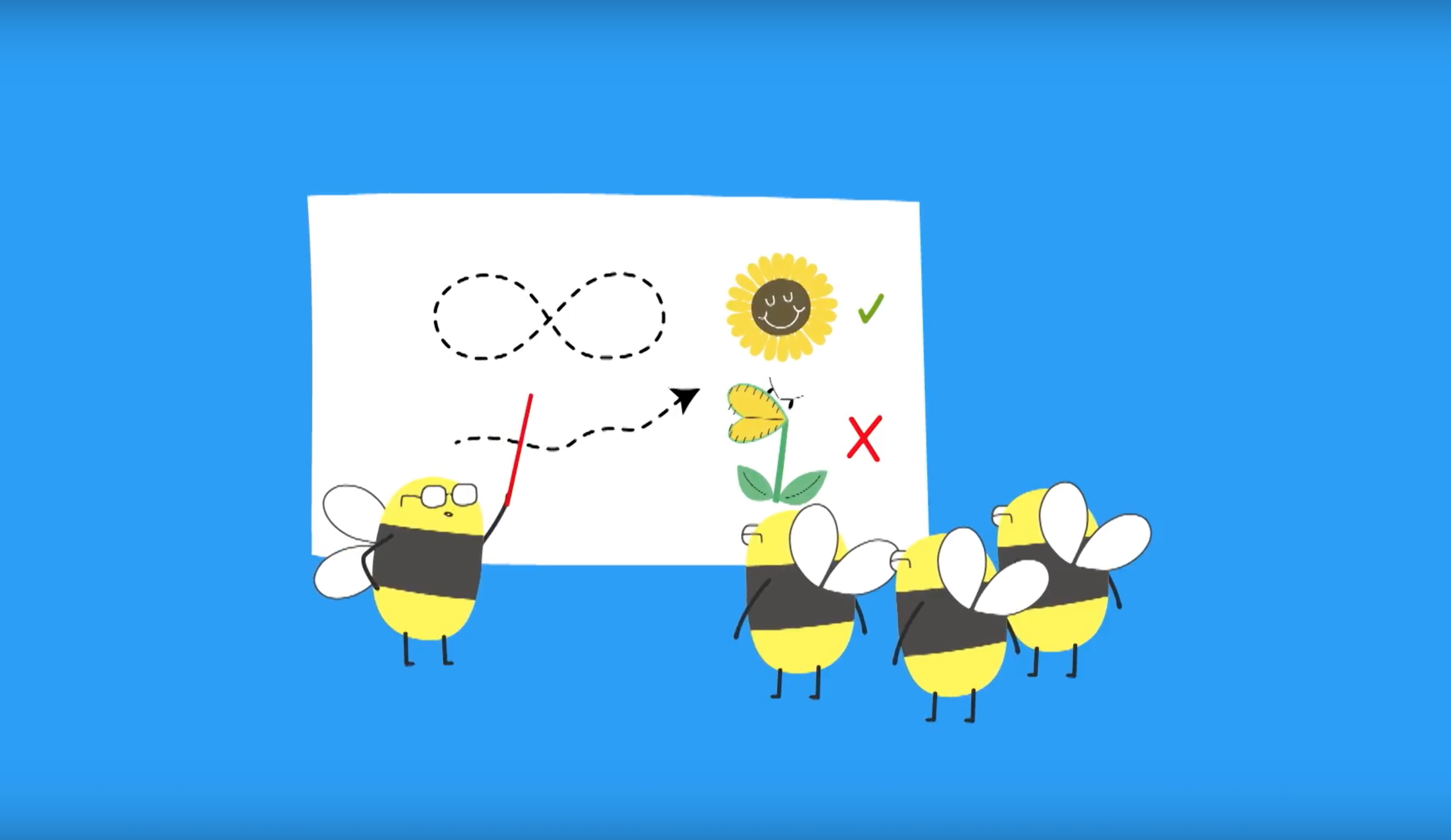

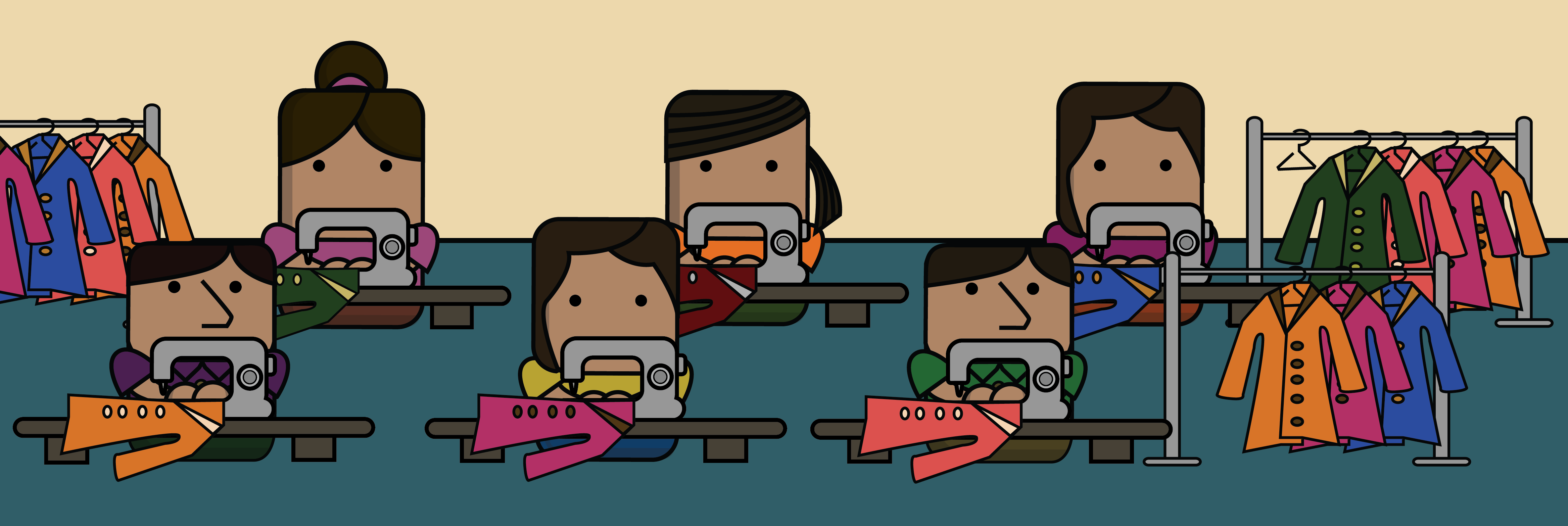
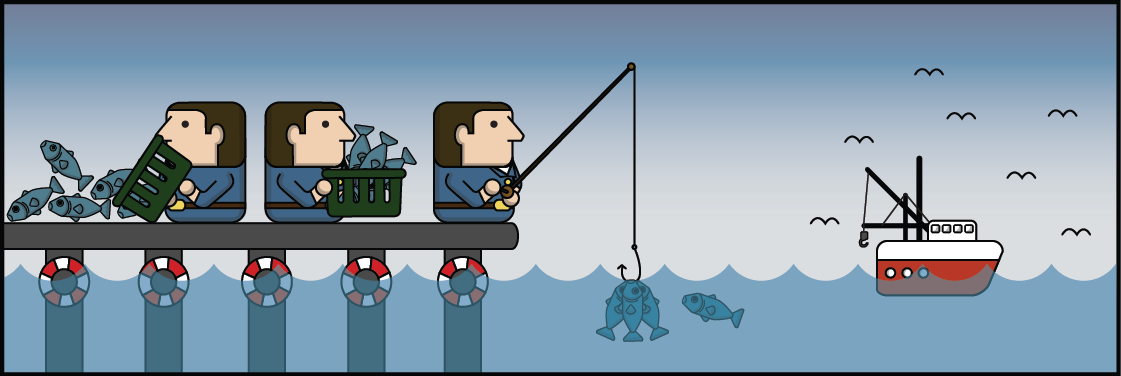
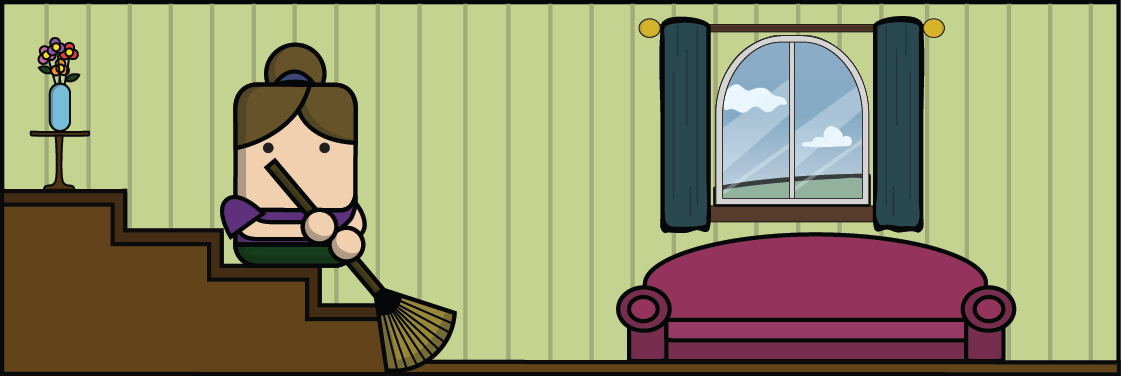
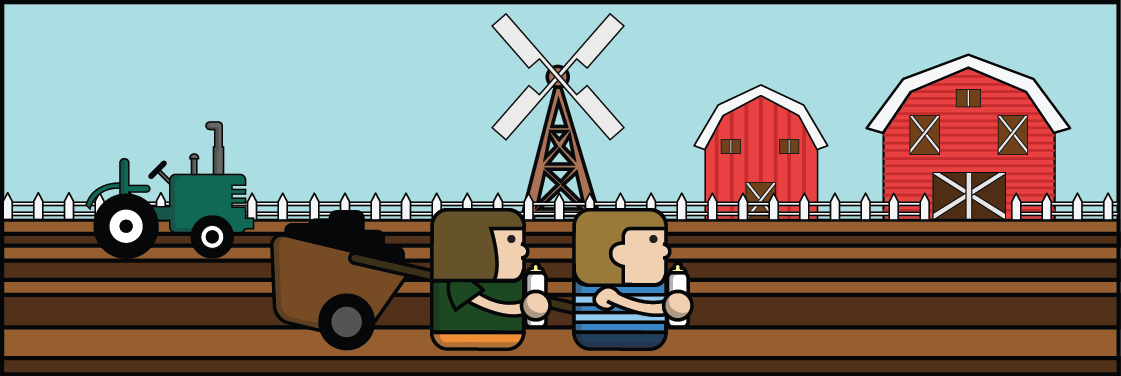
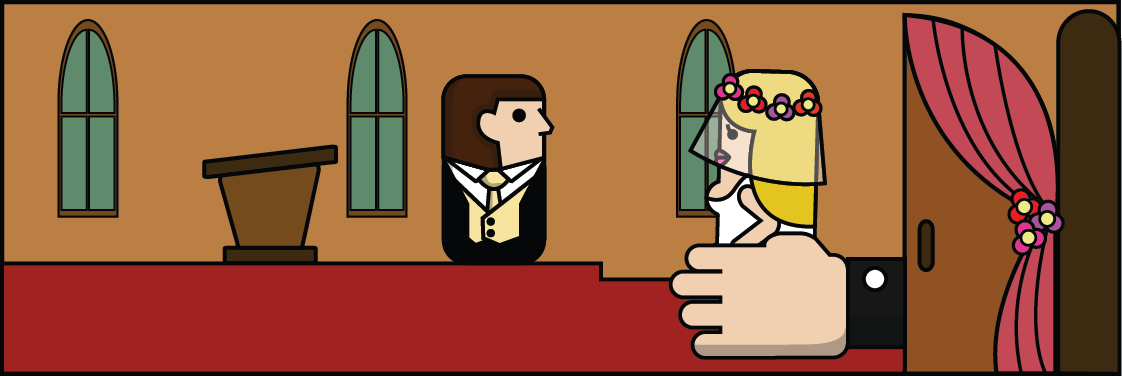
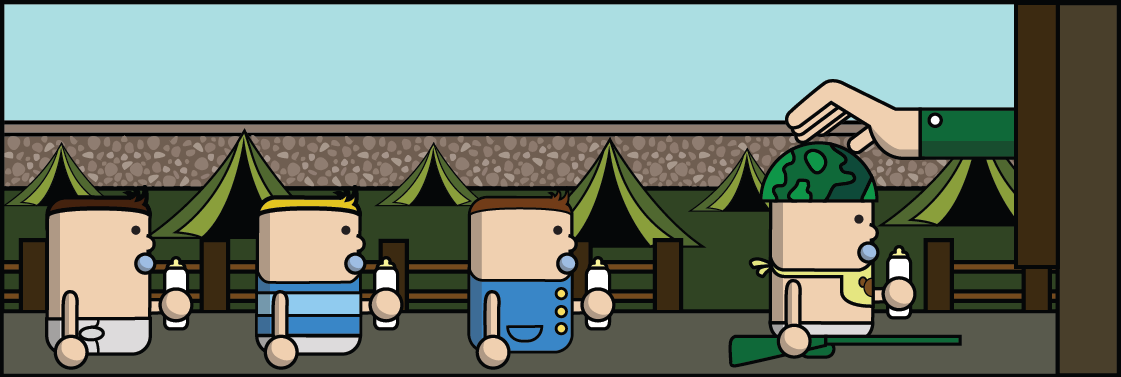
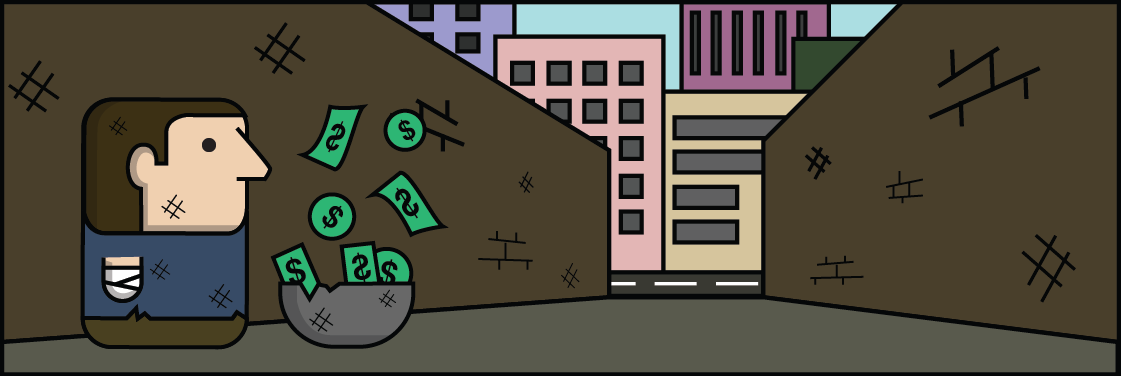

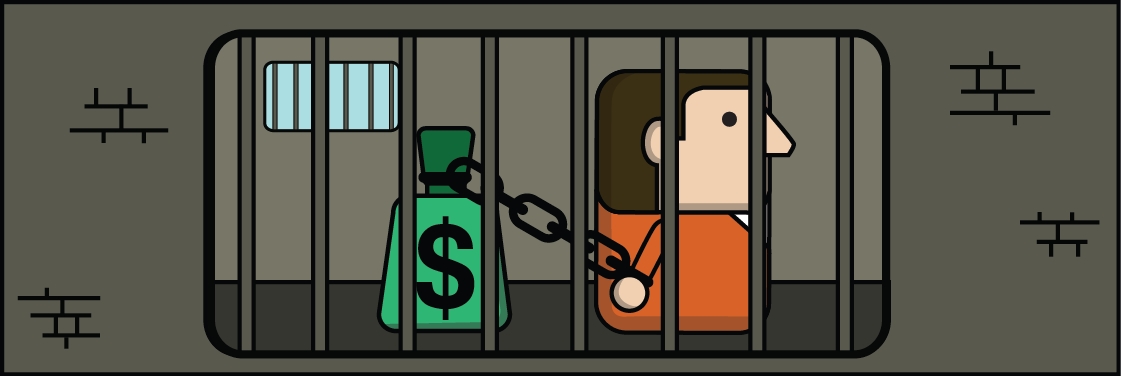
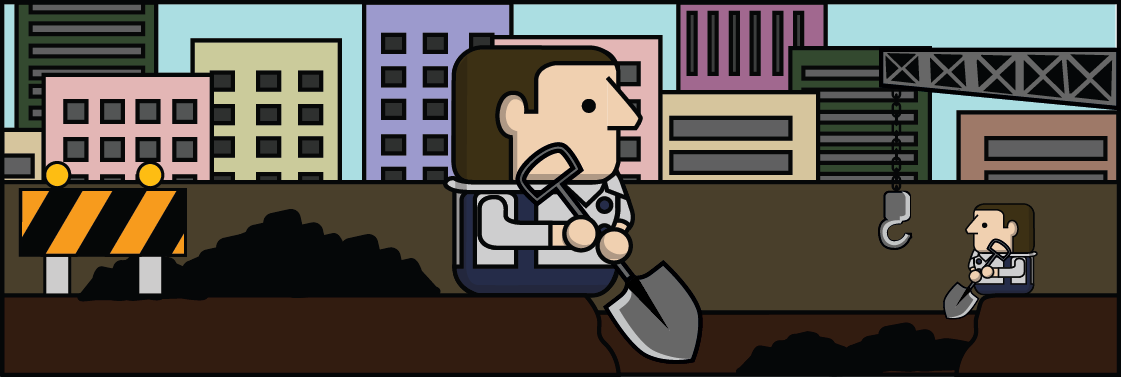

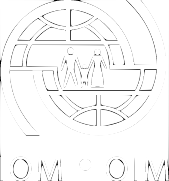 Power by
Power by